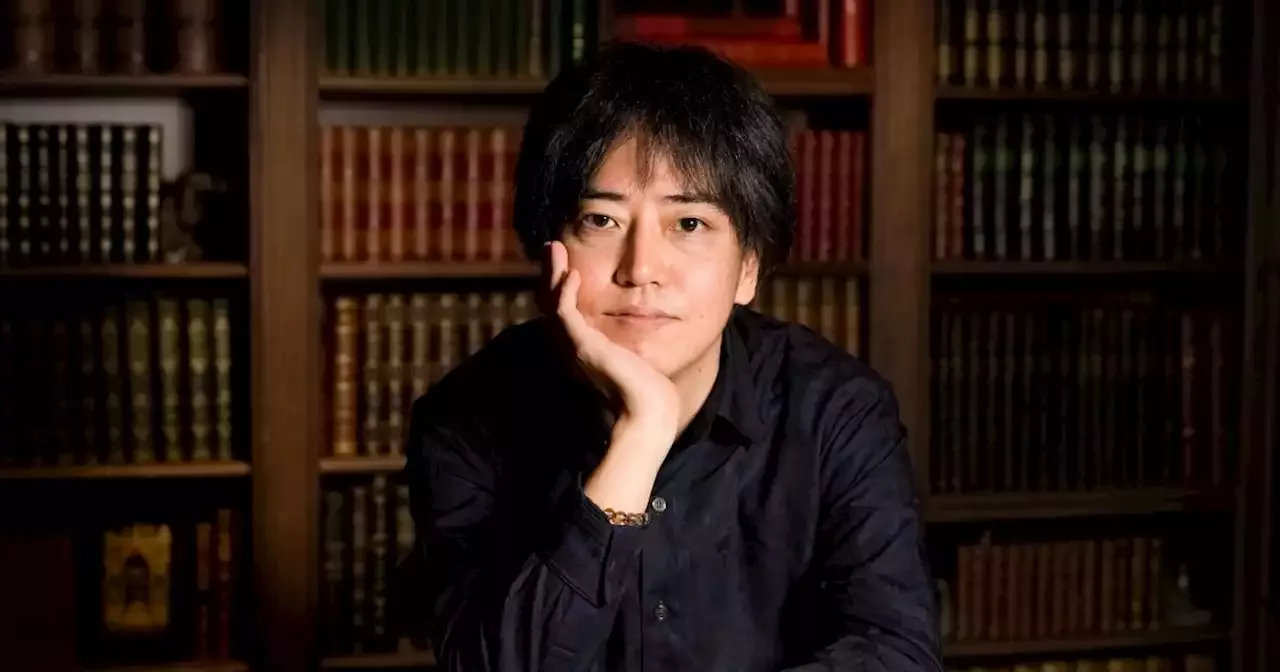'Turn this page, and you may give up your lie,' warns Fuminori Nakamura in his latest thrill ride of an existential mystery, 'My Annihilation.'
“The Thief” — his first book to appear in English — involves a pickpocket who gets caught in a web of alienation and anomie; it was a Los Angeles Times Book Prize finalist. “,” published in the United States in 2014, is a literary labyrinth in which a writer, working on a book he doesn’t want to write about a killer, gets lost on a series of forked and intersecting paths. There is resolution here, but no safe satisfactions. Or perhaps it is the other way around.
“Why do people need to suffer tragedies?” he wonders. “And why do they have to store these tragedies inside their memory, and in so doing, cause themselves pain for the remainder of their lives? If that’s a natural fact, then I reject it altogether. Why do we have to suffer like this? Why must we endure such pain?”
As he did in “Last Winter, We Parted,” Nakamura appears to offer context by weaving a variety of voices and documents into the work. There is an exegesis on brainwashing and transcriptions of psychotherapy sessions; there are echoes and doublings. The physician’s assistant in one scene, with his “dirty glasses,” becomes a co-conspirator in the next. This is the novel as floating opera, in which connections remain below the surface and we are left to wander alone in the dark.
